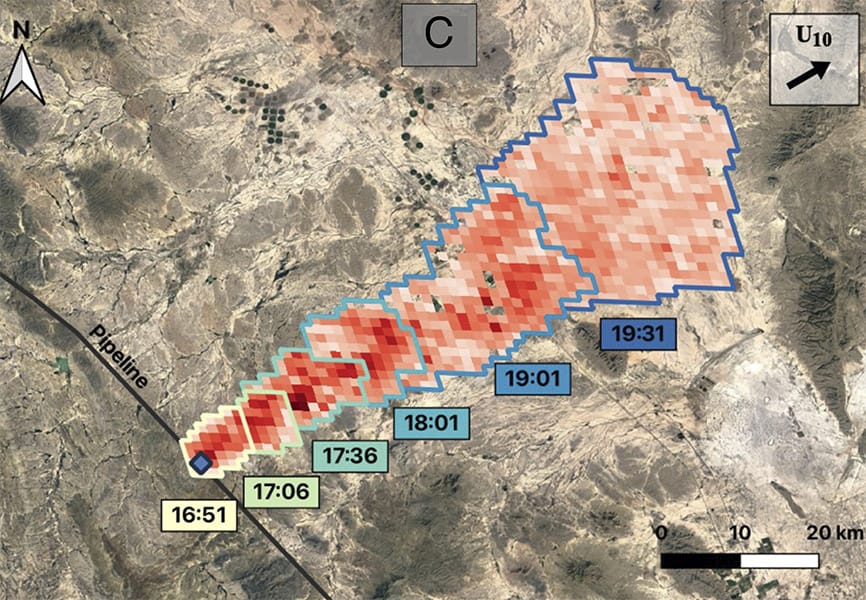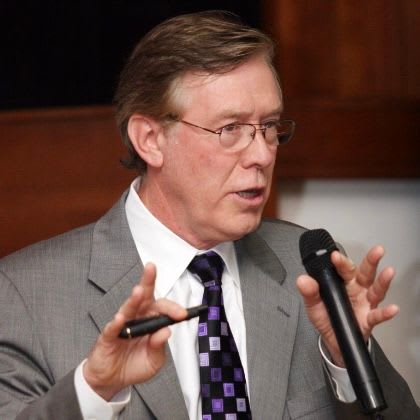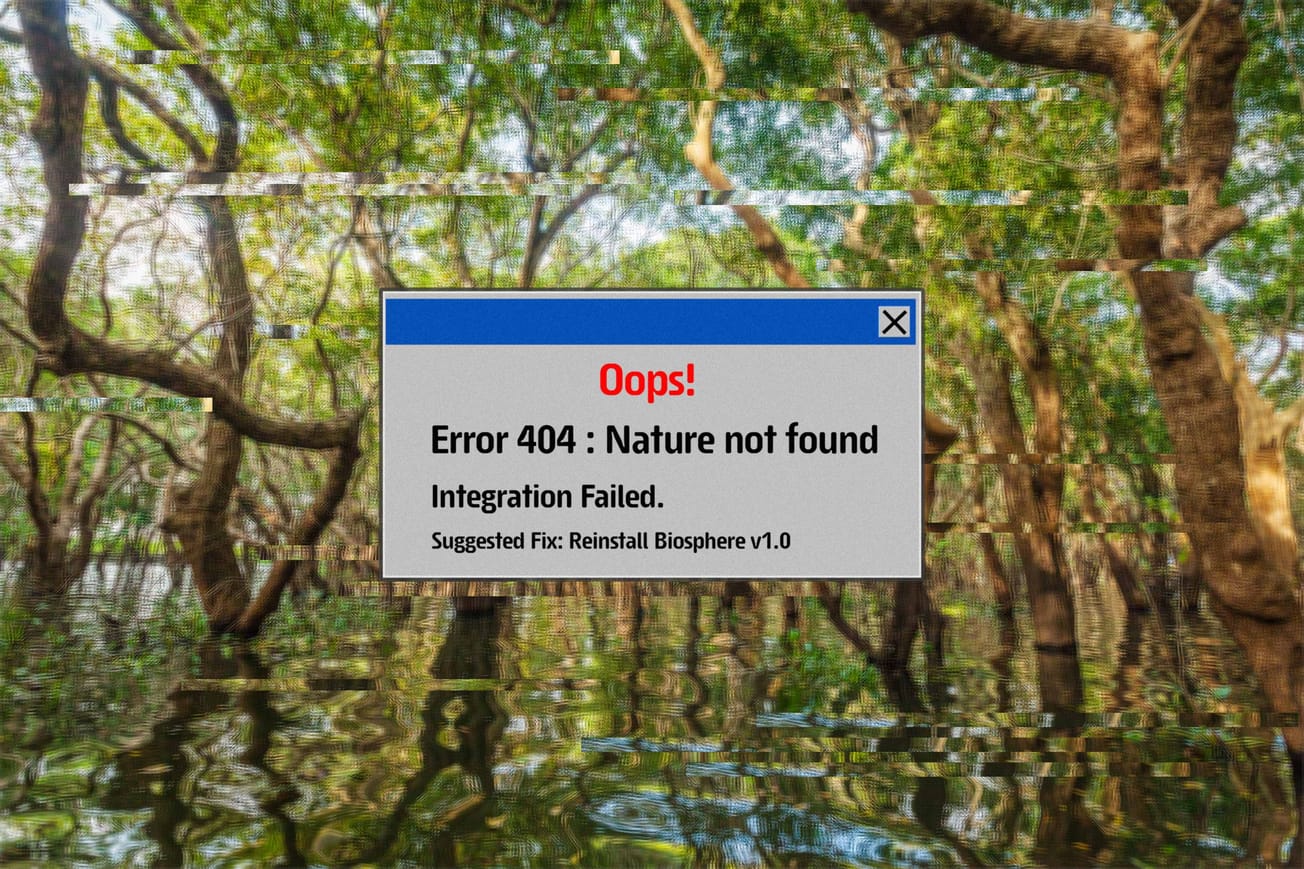Despite spearheading international initiatives like the Global Methane Pledge, the United States’ burgeoning fossil-fuel industry continues to release increasing amounts of methane—a greenhouse gas far more potent than carbon dioxide—into our atmosphere. This troubling trend persists even as the U.S. urges other nations to curb their emissions, signaling a critical gap between leadership rhetoric and domestic action.
Methane, often dubbed a “super pollutant,” traps heat in the atmosphere up to 80 times more effectively than carbon dioxide over a short period. Its concentration in our atmosphere has surged to more than two-and-a-half times pre-industrial levels, with over half of these emissions being anthropogenic. While methane dissipates within approximately twelve years, its immediate and severe impact on climate change demands urgent and sustained attention.
The primary source of methane emissions in the U.S. stems from the production and transportation of natural gas—a key component of our energy mix. Leaks from storage facilities, pipelines, and tankers, coupled with intentional releases through venting and flaring, contribute significantly to the nation’s methane footprint. Moreover, sectors like livestock farming and landfills further exacerbate the problem.
In response to this escalating issue, President Biden’s Inflation Reduction Act has allocated billions towards methane emission-reduction strategies. While these initiatives mark a positive step, they appear insufficient against the backdrop of rising fossil fuel production and global demand.
The paradox of reduced methane emissions per unit of energy juxtaposed with overall increased emissions due to higher production is particularly concerning. The U.S. has emerged as the world’s leading gas producer and exporter, inadvertently inflating total methane emissions despite improvements in emission intensity. This surge not only hampers national climate goals but alarmingly undermines global efforts to mitigate climate change.
Moreover, due to our own increasing emissions, the U.S. faces significant challenges in securing commitments from major emitters like China, the world’s largest source of both carbon dioxide and methane emissions. Although recent diplomatic engagements, including a planned summit with China at this year’s climate conference in Azerbaijan, offer a glimmer of hope, tangible progress remains highly uncertain. The urgency to enlist all major players in the fight against methane emissions cannot be overstated.
In Europe, proactive measures like the new regulation requiring member states to study and set targets for methane emissions demonstrate a path forward. By imposing stringent caps on imports from high-emission countries starting in 2029, the European Union is setting a precedent for accountability and sustainability. Such initiatives should inspire the U.S. to adopt more robust policies that align with its commitments.
To genuinely lead the charge against climate change, the United States must reconcile its own fossil-fuel contradictions with steadfast commitments to methane emission reductions. This requires not only enforcing existing regulations but also pioneering innovative technologies and practices that minimize methane leaks and intentional releases. Furthermore, the U.S. must ’walk the walk’ to lead international collaborations.
In 2021, the U.S. signed the Global Methane Pledge, which set a target of reducing methane emissions by 30% by 2030. As 2030 looms closer, the U.S. has effectively ignored its pledge. We cannot afford inaction or insufficient measures. Embracing comprehensive methane reduction strategies will not only honor the spirit of the Global Methane Pledge but is necessary to help safeguard our planet’s future for generations to come.













